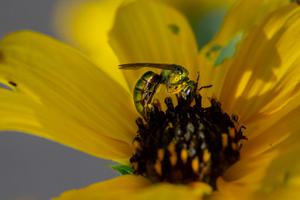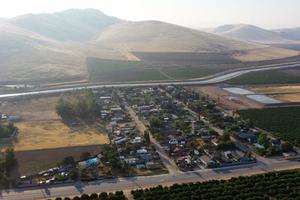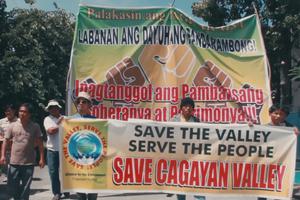California’s Central Valley, covering close to 20,000 square miles, produces roughly 40 percent of the United States’ fruits, vegetables, and nuts. That abundance is the result not only of large-scale irrigation, but also of the widespread use of fertilizers, pesticides, and herbicides, which then seep back into the valley’s aquifers.
The resulting pollution is a major reason why more than 1 million Californians do not have access to safe drinking water. Many of them are Latino farmworkers who live in small communities reliant not on municipal water systems but on underground aquifers tainted by nitrates, arsenic, hexavalent chromium, and other pollutants that have numerous ill health effects.
In her video “The Great Divide” — the third-place winner in the 2020 Yale Environment 360 Video Contest — filmmaker Casey Beck takes a look at one of those small communities — Tooleville, an unincorporated community of 80 homes located in the San Joaquin Valley at the southern end of the Central Valley. Beck tells the story of Pedro Hernandez, an organizer with the nonprofit Leadership Council for Justice and Accountability, as he works to have Tooleville consolidated into a larger neighboring town that has a proper municipal water system.
“It’s very, very, very hard,” Tooleville resident Yolanda Cuevas said of her worries about her children and grandchildren being exposed to the contaminated water. “Only by walking in someone else’s shoes can you understand how another person lives. If they saw everything that we have to deal with, they would realize how difficult it is to live with a problem like this.”
About the Filmmaker: Casey Beck has been directing and producing independent documentary films for the past decade, highlighting otherwise untold stories. She has produced films for FRONTLINE, MTV, FoodMattersTV, and The Documentary Channel (Pivot). Her projects have screened at several film festivals, including the Mill Valley Film Festival and Cinequest, and been broadcast on national TV, Hulu, and iTunes. Beck also teaches documentary production at California State University East Bay.
About the Contest: The Yale Environment 360 Video Contest honors the year’s best environmental films, with the aim of recognizing work that has not previously been widely seen. Entries for 2020 were received from six continents, with a prize of $2,000 going to the first-place winner.



